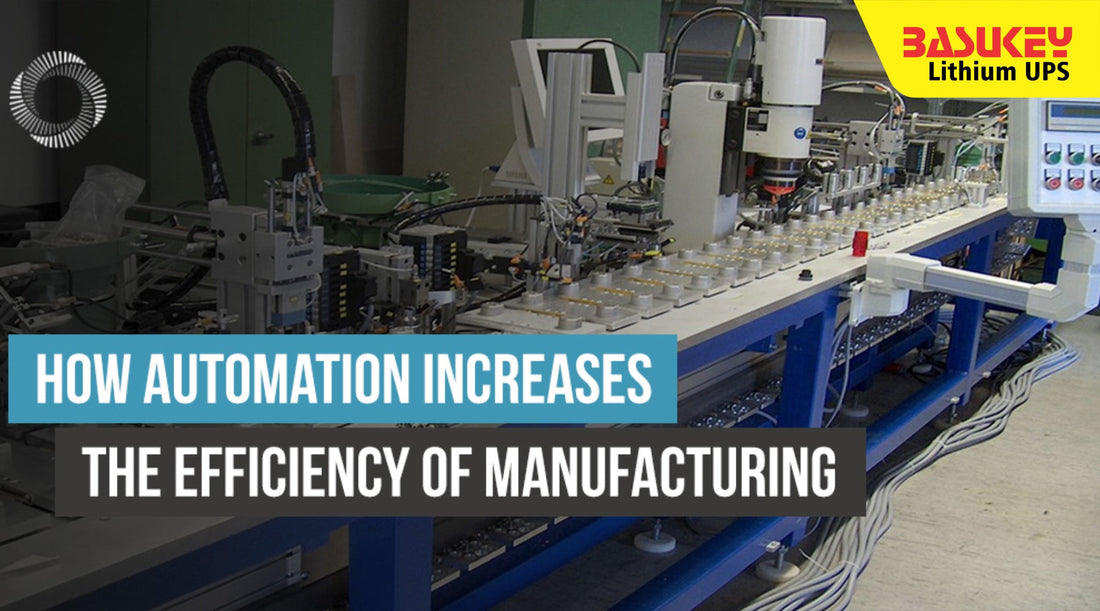
Electricity in Manufacturing: Driving Automation and Efficiency
Share
Electricity plays a crucial role in the manufacturing industry, driving automation and efficiency in production processes. Let's explore how this essential energy source powers the modern manufacturing landscape.
What is the Impact of Electricity in Manufacturing?
Electricity is the lifeblood of manufacturing, with an estimated 64% of all energy consumed in the sector being electricity. This power source is used to operate a wide range of equipment, from conveyor belts and robotic arms to CNC machines and 3D printers. By harnessing electricity, manufacturers can automate repetitive tasks, increase production speed, and improve overall efficiency.
How Does Electricity Drive Automation?
Automation in manufacturing relies heavily on electricity to power sensors, actuators, and control systems. These components work together to monitor and adjust production processes in real-time, leading to increased precision and consistency. With the help of electricity, manufacturers can implement advanced technologies like IoT (Internet of Things) and AI (Artificial Intelligence) to optimize operations and minimize downtime.
What are the Benefits of Electricity in Manufacturing?
One of the key benefits of using electricity in manufacturing is the reduction of manual labor, allowing workers to focus on more complex tasks that require human intervention. Additionally, electricity enables manufacturers to achieve higher levels of productivity, quality, and safety in their operations. By embracing automation powered by electricity, companies can stay competitive in today's fast-paced market.
How Can Manufacturers Optimize Electricity Usage?
To maximize the benefits of electricity in manufacturing, companies can implement energy-efficient practices such as using LED lighting, upgrading to energy-efficient machinery, and optimizing production schedules to reduce energy waste. By investing in sustainable energy solutions, manufacturers can not only reduce their carbon footprint but also lower operational costs in the long run.
In conclusion, electricity plays a vital role in driving automation and efficiency in the manufacturing industry. By leveraging this powerful energy source, manufacturers can streamline their production processes, improve product quality, and stay ahead of the competition in today's rapidly evolving market.
